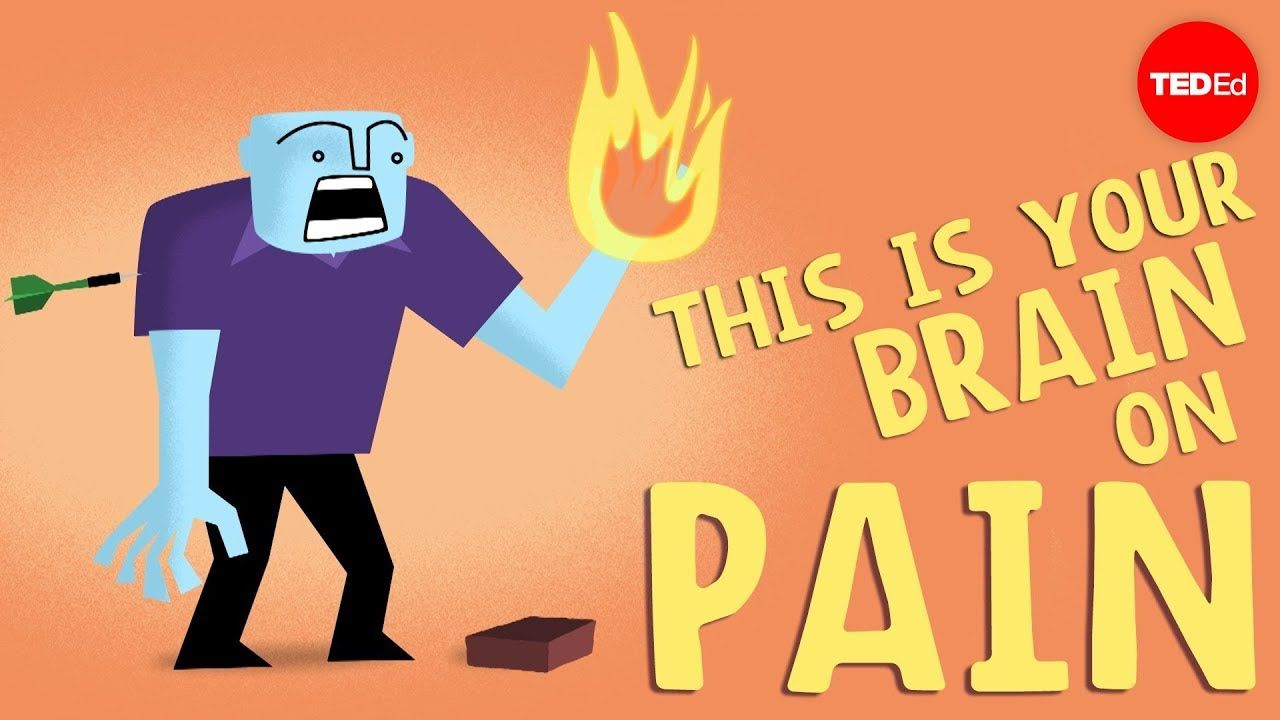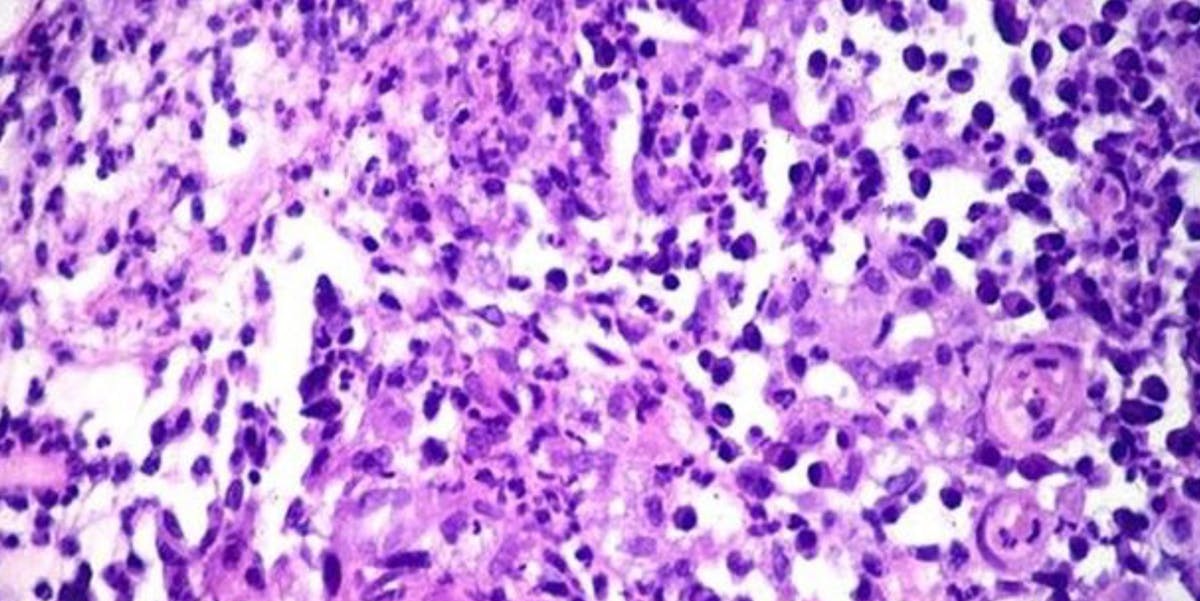Page 9807
Aug 26, 2018
BBC Documentary — Mars A Traveller’s Guide | BBC Documentary 2017
Posted by Pat Maechler in categories: education, space

https://www.youtube.com/watch?v=pF_dtDDE-lw
Provides some hints what hurdles would be to tackle to do excursions on Mars; also provides a lot of illustrative info about the planet.
Aug 26, 2018
A “Flesh-Eating” STD Emerges in England For the First Time
Posted by Genevieve Klien in category: biotech/medical
Aug 26, 2018
Photo: Fluorescent planetary nebula 4,900 light-years away
Posted by Genevieve Klien in category: space
The Hubble Space Telescope captured an image of planetary nebula NGC 3918, which is a part of the Centaurus constellation about 4,900 light-years from Earth, according to NASA.
Between the lines: A planetary nebula is a cloud of colorful gasses which surrounds a dying star — known as a red giant, according to NASA. The remnants of the star give off the light, which reflects in the gasses and creates the beautiful, dramatic colors seen in the photo.
Space.
Continue reading “Photo: Fluorescent planetary nebula 4,900 light-years away” »
Aug 26, 2018
Dinosaur DNA clues unpicked by researchers at University of Kent
Posted by Genevieve Klien in category: biotech/medical

How 5G Will Change The World! https://www.facebook.com/singularityprosperity/videos/438504459964467/
In this video, we’ll be discussing 5G – more specifically, what it is and its ability to change our world!
5G is a core technology in establishing the digital infrastructure of the future and will be essential in how all of the over 50 billion mobile and connected devices by 2020 will communicate together!
There are countless nanoscopic architectures in nature, creating iridescence, sticky feet, magnetic navigation – and more.
Aug 26, 2018
The Regulation of Nanotechnology
Posted by Genevieve Klien in categories: engineering, food, nanotechnology
Engineering nanoparticles can be extremely beneficial for many applications. However, this article discusses in what ways nanotechnology needs to be regulated due to the environmental impacts it can have in areas such as agriculture.
Aug 26, 2018
AI is helping find lead pipes in Flint, Michigan
Posted by Genevieve Klien in categories: habitats, information science, robotics/AI
The algorithm is saving about $10 million as part of an effort to replace the city’s water infrastructure.
To catch you up: In 2014, Flint began getting water from Flint River rather than the Detroit water system. Mistreatment of the new water supply, combined with old lead pipes, created contaminated water for residents.
Solving the problem: Records that could be used to figure out which houses might be affected by corroded old pipes were missing or incomplete. So the city turned to AI. Using 71 different pieces of information—like the age or value of the home—Georgia Tech researchers developed an algorithm that predicted whether or not a home was connected to lead pipes.
Continue reading “AI is helping find lead pipes in Flint, Michigan” »
Aug 26, 2018
It’s time for governments to help their citizens deal with cybersecurity
Posted by Genevieve Klien in categories: business, cybercrime/malcode, government
When it comes to the individual citizen, whose responsibility is it to guard against cybercrime? Research we’ve conducted suggests that governments have a crucial role to play. They need to support individual citizens, as well as businesses, in a more practical and proactive way, to manage this particular society risk.
For instance, they could provide individuals with free face-to-face assistance and cybersecurity support. They could give clear guidelines and provide government sanctioned security software for people to install, and make sure it’s easy to get hold of. New York has recently started providing this kind of support to its residents. Based on our research, we believe there’s scope for all governments, including those in Southern Africa, to do the same.
















